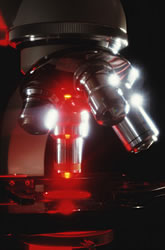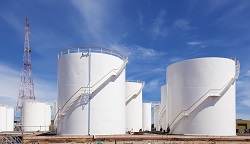Improving neutron research infrastructures
Until recently, neutron research was considered a primary area of scientific investigations for physics and chemistry. However, an ever growing number of industries such as electronics, energy, aerospace and pharmaceuticals have become interested in exploiting materials on a microscopic level. Within this context, neutron research offers increased capabilities for studying condensed materials, for instance fast specialised analysis of powder samples. Taking into account emerging requirements coming from the research community the TECHNI project developed new technology for improving neutron instrumentation in science facilities. In particular for neutron detection, advanced technology led to the generation of ZnS scintillator detectors that are very sensitive. Unlike current scintillator detectors whose position resolution is restricted to 5mm, the new detectors display a 3mm one dimensional spatial resolution. The new technology has already been applied in the industry resulting in the development of ten full size detector modules within an area of 1.4 square metres. The production of these high quality modules was very cost-effective and the derived array was easily installed displaying very low maintenance costs. Most importantly, the scintillation detector presents a very high efficiency, improved performance and throughput. The innovative instrumentation has already been used at ISIS facilities, one of the most known international centres for studies of condensed matter with neutrons. Moreover, it is expected that the new detector technology will also contribute to the next generation of strain scanning instruments used for engineering research. Collaborations are sought with partners working in public or private neutron detector development programmes.







